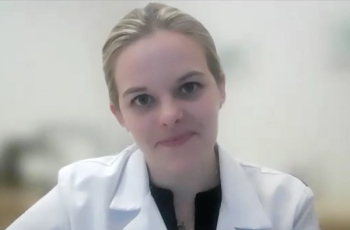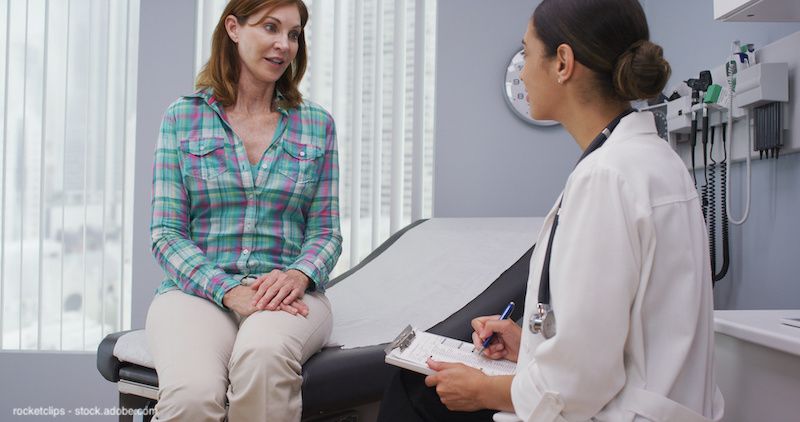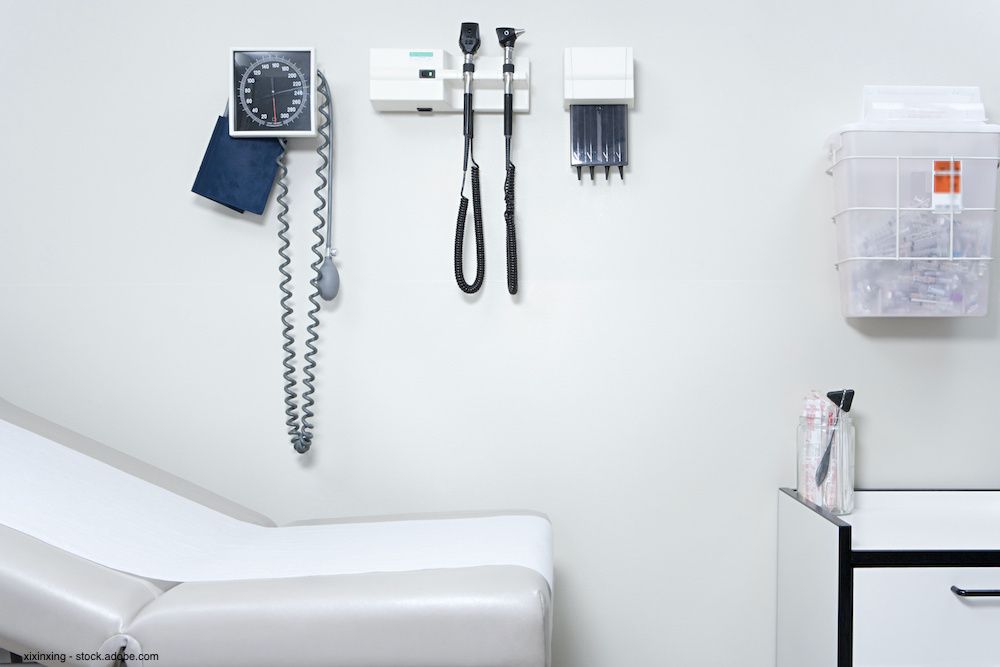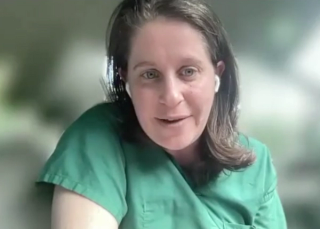
Female Urology
Latest News
Latest Videos

CME Content
More News

“We found in general that there was really no difference in their symptom improvement,” said Elizabeth R. Mueller, MD, MSME, of a study comparing women from whom standard vs expanded cultures were obtained.

"Same-day discharge is safe and feasible across a broad spectrum of FPMRS cases," says Jacqueline Zillioux, MD.

Although women represent an increasing percentage of the urology workforce, they continue to be underrepresented in receiving recognition awards from the American Urological Association.

Seideman says urology is a great option for women considering a surgical subspecialty.

Although women represent an increasing percentage of the urology workforce, they remain underrepresented in receiving recognition awards from the American Urological Association.

Casey Seideman, MD, discusses the gender pay gap in urology and the path forward to address the issue.

“I really fell in love with [urology] from the get go,” Kraft says.

The study also showed that sexual function was comparable for women with SUI who received single incision sling versus those who underwent transobturator midurethral sling.

The book incorporates insights from 45 experts across 18 specialties.

Giulia I. Lane, MD, MS, discusses findings from a recent study regarding urethral stricture disease in women.

Gopal H. Badlani, MD, leads a wide-ranging discussion of female urology training fellowships with Michael E. Albo, MD.

David Klumpp, PhD, and David T. Uehling, MD, explain the challenges inherent in developing a vaccine for UTI and discuss the status of current research.

Women with IC symptoms are not getting the diagnosis and treatment they need, despite serious effects on quality of life.

Obesity is associated with hormonal dysfunction and with impaired spermatogenesis. What remains unknown is the causal factor.

Combined male-/female-factor infertility in couples results in the highest costs for treatment compared to male-factor or female-factor infertility only.

This year's AUA annual meeting will bring an important first for interstitial cystitis: AUA will be issuing guidelines for diagnosis and treatment.

Plenty of experience fixing complications of pelvic reconstruction and incontinence surgery caused by foreign bodies-mainly grafts and slings-led a group of researchers to make recommendations on how to repair the damage.

Researchers for the Urinary Incontinence Treatment Network found that the minimum important difference for the Urogenital Distress Inventory was –35 to –45 points in patients with urge urinary incontinence.

Studies are revealing a genetic basis for stress urinary incontinence and pelvic organ prolapse and are showing that the two conditions are more disparate than previously thought.

A new study has found that between 3.4 and 7.9 million American women age 18 and over have symptoms consistent with IC/PBS.

Treatment for pregnant women who present with renal or ureteral colic may have become easier for physician and patient alike.

Sexual function improves in women after successful surgery for stress urinary incontinence whether they undergo a sling procedure or Burch colpopsuspension.

A wide range of anticholinergic medications used by women for the treatment of lower urinary tract symptoms are associated with high discontinuation rates, according to research presented at the American Urogynecologic Society annual scientific meeting.

When considered over a treatment period of 2 years, botulinum toxin A injection (Botox) is a cost-effective strategy for the management of idiopathic urge incontinence compared with anticholinergic medication, according to data presented by Duke University researchers.

Although overall complication rates are similar after traditional surgery, sacral colpopexy, or vaginal mesh kit repair for apical vaginal prolapse, the mesh kit procedures are associated with higher total reoperation rates due to a higher rate of surgical intervention for managing complications.















